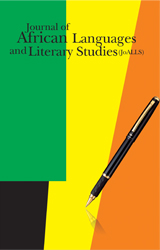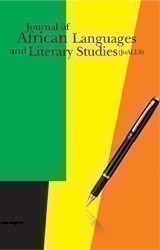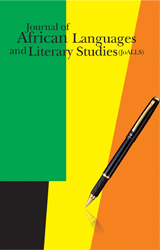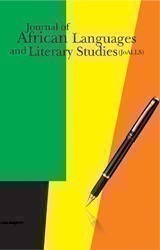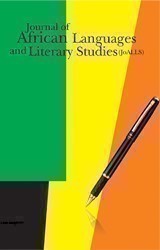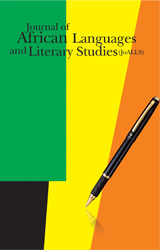
 editor@adonis-abbey.com
editor@adonis-abbey.com ![]() UK: 0207 795 8187 / Nigeria:+234 705 807 8841
UK: 0207 795 8187 / Nigeria:+234 705 807 8841
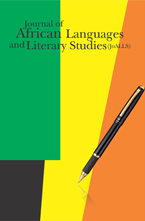
Showing (page 1 of 2) - 18 editions
Published Since: 2020. The journal is indexed by SCOPUS, IBSS, EBSCO, ERIH PLUS and SABINET. The journal is accredited by DHET (Regulator of Higher Eductaion in South Africa)
Publication Frequency: Quarterly (Four times a year) ISSN: 2633-2108 E-ISSN: 2633-2116. The journal now charges APC from 2025. SCImago Journal Ranking for 2024: Quartile: Q1: SJR: 0.165
Publication Frequency: Quarterly (Four times a year) ISSN: 2633-2108 E-ISSN: 2633-2116. The journal now charges APC from 2025. SCImago Journal Ranking for 2024: Quartile: Q1: SJR: 0.165
To subscribe to any of the journals, Please Email Us.




